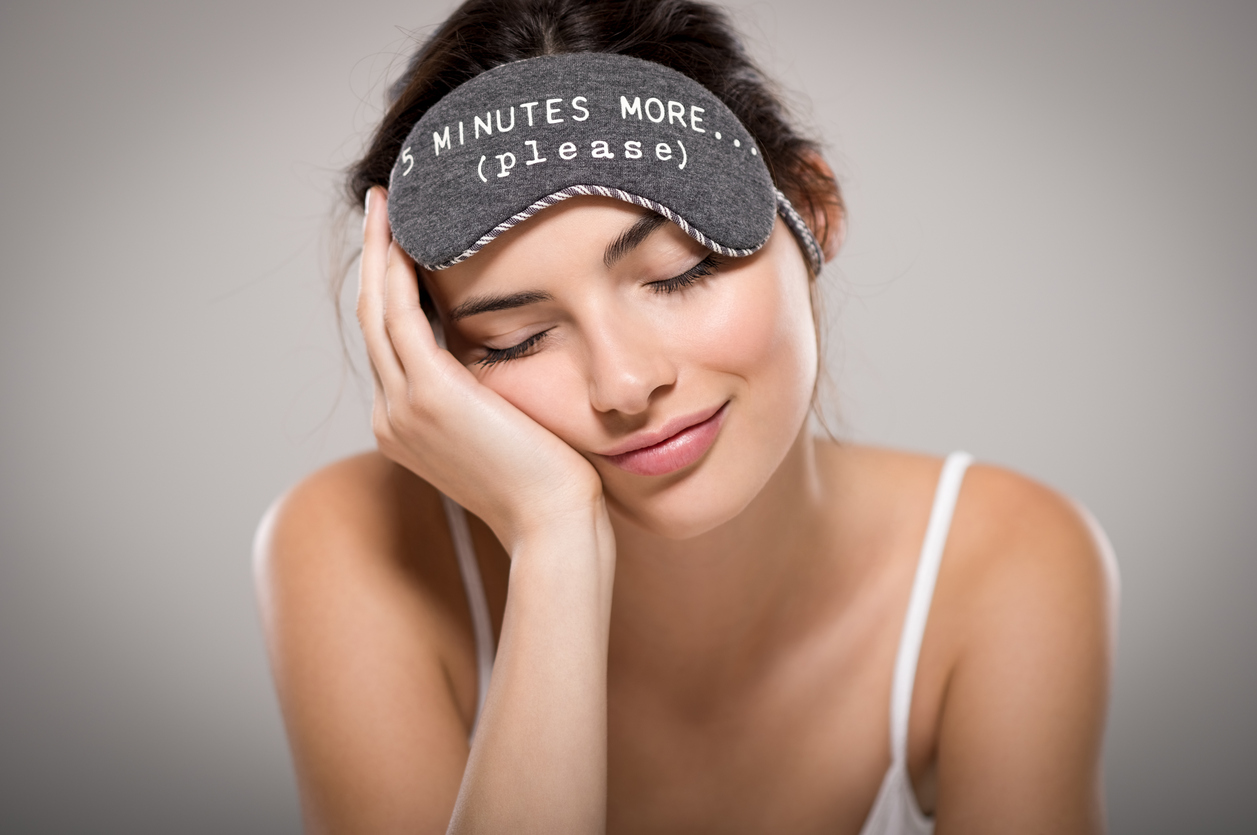Singers Need A Good Night’s Sleep— How to Get Yours!*
If there’s one thing I’ve learned over the years, it’s that singers need a good night’s sleep, even more than the average person. Your body is your instrument! From head to toe, everything that’s going on with your body will be reflected in your voice. If you don’t sleep well, especially on a regular basis, that singing voice of yours will start to deteriorate, and fast!
Something will always support your voice as it is flowing out of you, and if you’re too tired for your body to use the right muscles (ribs, abs, diaphragm), then the wrong muscles (jaw, tongue, throat) will take over, even if you “know better”. That’s why even singers with great technique can wind up hurting their voices, or at the very least, not giving their best performances. Tired is tired, no matter who you are!
So what’s a singer to do, when life is stressful and hectic, and sleep may not come easily? Here are some handy tips to send you off to Dreamland…
1. Try to go to bed at the same time every night, and wake up at the same time every day. Your body craves a regular schedule for its circadian rhythm to function at its best. If you’re constantly altering your schedule, this throws your body off in a big way.
2. Get morning sunshine. Even if you can’t get outdoors, sit by a sunny window with your coffee and enjoy that morning sunlight for at least 15-20 minutes. This resets your body clock so that your sleep/wake pattern will facilitate falling asleep more easily at night.
3. Don’t eat heavily within a few hours of going to bed. If your
stomach is churning away trying to digest a huge or spicy meal, that
can certainly affect your ability to fall sleep, and your sleep quality.
4. Try a few light carbs and some dairy instead. Some crackers with
a little peanut butter and some honey, and/or maybe a little dairy like
milk or cheese can help triggers sleep signals, even if you’ve been
tossing and turning for awhile.
5. Get out of bed for awhile. Speaking of tossing and turning, don’t do
it for more than about 15 minutes. If you can’t sleep, get up, read a
little, clean out a drawer, or just sit quietly in a chair until you feel sleepy
enough to go back to bed.
6. Avoid your electronics! In other words, no computer, tablet, or cell
phone use within at least an hour of bedtime. These interfere with
your brainwaves and can delay and disturb sleep. If you absolutely
can’t tear yourself away, at least use a blue light filter (most new
cell phones and computers have them built in) or you can order a
filter screen or even computer glasses that screen out the offending
blue light.
7. Turn off the TV sooner, rather than later. Again, depending
on your TV, there may be a blue light issue. But also, don’t watch
super-stimulating movies or shows, or God forbid, the news. That
will keep your mind ruminating on what you just saw, and sleep
will be a lot harder to come by.
8. Keep a “Worry List” next to the bed. It seems that as soon as I
lie down to sleep, all the worries of my life and my “to-do” list start
pummeling my brain. The fix? I keep a pen and pad next to my bed,
and every time a worry or “to-do” pops into my brain, I turn on the
light, write it down, and know that it will be there in the morning for
me to address it then. This clears my head, and makes it much easier
to fall asleep!
9. Cool room, warm feet. Studies show that keeping your bedroom
about 69 degrees fosters better sleep. Also, warm feet draw blood
away from the brain and help you relax. Wear socks or throw a hot
water bottle (careful!) near your feet, and you’ll be amazed at how
much faster you start to snooze!
10. Cover your eyes and ears. I am a huge fan of sleep masks. Block
out extraneous light, and your body will make more melatonin,
so you will sleep faster and better. This is especially important for
breast cancer prevention, as studies have shown that melatonin
production at night reduces breast cancer risk.
If you’re sensitive to noise, you may also want to invest in a pair of ear
plugs. Depending on your environment, there may be lots of big and
little aural annoyances that can interrupt your ability to sleep.
11. Listen to relaxing music, guided meditation or white/pink noise.
I often have a CD player on my nightstand (yes, some of us still use
them) with my favorite guided meditation or New-Age music on hand.
Since I teach voice all day, the last thing I want to hear is singing and
words, so it’s all instrumental and very unstructured, “spacey” sort of
sounds. Some people enjoy recordings of white noise (sort of like soft
static) or pink noise, which is more like the sound of rain falling. Do
experiment with all these different methods and find the ones that
work best for you.
12. Make a “fort”. Children and adults like to feel safe, and if you build a
little “fort” around yourself with extra pillows, blankets or the like, you
will feel more secure and comforted, and more likely to fall asleep.
Having big spaces around you can undermine your sense of security,
so make yourself more cozy by drawing the bedding a bit closer
around you, avoiding anything that could get in the way of your face
and breathing.
13. Breathe better! Depending on your own preferences and needs, it
can be very helpful to run an air purifier and/or a humidifier in your
bedroom at night. Clean, moist air will help you breathe better and
deepen your sleep. If you have allergies, snoring, or suspect a case
of sleep apnea, see a specialist and get the issue addressed. Your
sleep and health are too important to ignore!
14. Keep a glass of water nearby. Many of us are walking around in
a state of dehydration already, and this can worsen at night. If you
wake up thirsty, take a sip of water and go right back to sleep.
15. A relaxing read. One of the best ways to relax before bed is to read
something calming, or even a little boring. You’ll be drowsy in no time!
You can browse beautiful photos in a book or magazine as well until
your eyelids start to droop.
16. Pray. Whatever your religious/spiritual inclinations may be, saying
your prayers can soothe you, and be part of a bedtime ritual that
signals your brain and body that it’s time to sleep. Give your
concerns over to a Higher Power, and rest.
17. Essential oils. My favorite scent to breathe in before bed is an
time-honored one for inducing relaxation and sleep— lavender.
You can buy pure lavender oil and put one or two drops on your
pillowcase and sheets, but it’s very strong, so you may want to
dilute it in a carrier oil like almond or jojoba. There are many
products containing lavender— sprays, sachets and the like,
so see which you like best, and go from there.
18. Magnesium. Doctors, dentists and holistic health practitioners
all recommend taking magnesium supplements before bed to
relax you, help you fall asleep and attain deeper sleep throughout
the night. Consult your physician or a licensed naturopath to find
the amount of magnesium that’s right for you. Of course, there are
other natural and medical products to foster sleep, but use those
only with the guidance of your doctor or licensed holistic health
practitioner.
Falling asleep and staying asleep should be the easiest, most natural thing in the world, but for many of us, it is not. Your health and singing depend on a great night’s sleep, tonight and every night. Using the tips above, you can start to rest, relax, and store up the energy you need to make beautiful singing as easy as a good night’s sleep!
*THIS POST IS FOR INFORMATIONAL PURPOSES ONLY. CHECK WITH YOUR DOCTOR BEFORE TAKING ANY NEW MEDICATION, OR FOLLOWING ANY NEW HEALTH PROTOCOL.







